Xi Jinping appeared to walk with difficulty during his visit to France. (Video screenshot)
[People News] On April 28, the State Council of the Chinese Communist Party (CCP) announced new appointments and dismissals of state personnel. Rao Quan was appointed Director of the National Cultural Heritage Administration, replacing Li Qun, who was removed from his positions as Vice Minister of Culture and Tourism and Director of the National Cultural Heritage Administration. Li Qun is regarded as a member of Peng Liyuan's "Shandong faction." Given increasing signs that Xi Jinping is losing control over the military and his power within the Party is weakening, the removal of 63-year-old Li Qun, who held the top-ranking Vice Minister position, has naturally sparked speculation.
Within the CCP, various factions have long existed, such as the Jiang faction, the Youth League faction, the Xishan faction, and the princeling faction. However, more common are local factions formed based on professional backgrounds or places of origin, such as the Fujian faction, Zhejiang faction, Shanghai faction, Sichuan faction, and Jiangxi faction, among others. After Xi became the top leader of the CCP and gradually consolidated power during his second term, his wife, the well-known singer Peng Liyuan, also became an asset to him, reportedly even deeply involved in personnel decisions. Many officials have chosen to take the "first lady" route to gain promotions or resolve problems. The author once heard from friends in Northeast China about someone who settled some troubles through Peng Liyuan.
Peng Liyuan's hometown is Yuncheng, Shandong Province. In recent years, Shandong-born officials have steadily risen through the ranks. Whether Peng Liyuan was behind this rise remains officially unacknowledged but cannot be ruled out.
In December 2023, Dong Jun, who replaced Li Shangfu as Minister of Defence, was from Yantai, Shandong. While his promotion was reportedly due to connections with the now-fallen Director of the CMC Political Work Department, Miao Hua, his Shandong roots likely worked in his favour. In the same month, Hu Zhongming, a native of Qingdao, Shandong, was promoted to Navy Commander and Admiral. Li Lumeng, who became President of Tsinghua University despite previously being its lowest-ranking Vice President, was also from Shandong.
Also in 2023, Sun Yeli, appointed Minister of Culture and Tourism, was from Shandong. At the time, Vice Minister of Culture and Tourism and Director of the National Cultural Heritage Administration Li Qun was from Weihai, Shandong; Vice Minister Du Jiang hailed from Zhucheng, Shandong. Hu Heping, the former Minister of Culture and Tourism and now Executive Deputy Minister of the Central Propaganda Department, was from Linyi, Shandong.
It is said that Ma Xingrui, current Politburo member and Party Secretary of Xinjiang, whose ancestral home is Yuncheng, Shandong, is also considered part of the “Shandong faction.” The Financial Times once quoted a source in Beijing claiming Ma had family ties with Peng Liyuan and had been visiting the Xi family even before Xi came to power. As an aerospace expert, Ma's meteoric rise in officialdom was likely backed by influential sponsors.
An earlier article analysed the hometowns of the 205 full members of the 20th Central Committee, showing that Shandong topped the list with 32 members. These include Politburo member and Beijing Party Secretary Yin Li, as well as full Central Committee members like Tibet Party Secretary Wang Junzheng, Hebei Governor Wang Zhengpu, Anhui Party Secretary Han Jun, Zhejiang Governor Wang Hao, Hubei Governor Wang Zhonglin, Guizhou Governor Li Bingjun, Jiangsu Party Secretary Xin Changxing, and Guangdong Deputy Party Secretary and Shenzhen Party Secretary Meng Fanli. Jiangsu ranked second with 25 members, followed by Zhejiang, Fujian, and Shaanxi.
According to state media, all members of the 20th Central Committee, alternate members, and members of the Central Commission for Discipline Inspection were personally vetted by Xi. But was there any "input" from the First Lady behind the scenes?
Now consider this latest personnel shuffle at the Ministry of Culture and Tourism: Rao Quan, previously the lowest-ranked Vice Minister, was appointed Director of the National Cultural Heritage Administration, overtaking Shandong-linked Du Jiang and senior officials Wang Xudong, La Yifan, and Lu Yingchuan. This suggests he leapfrogged the more politically connected candidates.
Records show that Rao Quan has long served in the Ministry of Culture. In 2009, he was Deputy Director of the Finance Department; in 2013, he concurrently served as Director of the Overseas Cultural Facilities Construction Management Centre (at department-head level). In 2014, he became Director of the Policy and Regulations Department. In September 2018, he was appointed Director of the National Library, Director of the National Centre for Ancient Book Preservation, and Director of the National Museum of Classic Books. In 2021, he returned to the Ministry of Culture and Tourism as a Vice Minister.
Clearly, neither his background nor his career path aligns with the Xi faction. Such an appointment, given the increasingly apparent decline of Xi’s power, could signal that CCP elders are continuing to weaken the Xi faction, including several senior officials reportedly promoted through Peng Liyuan's influence.
The Ministry of Culture and Tourism, formed from the 2018 merger of the Ministry of Culture and the National Tourism Administration, is under the State Council and closely aligned with the Central Propaganda Department. The previous two Ministers—Luo Shugang and Hu Heping—also served as Executive Deputy Ministers of the Propaganda Department. The current Minister, Sun Yeli, is likewise a Deputy Minister of the Propaganda Department. This structure enhances the Propaganda Department’s control over the Culture Ministry.
Beyond managing the massive tourism industry, the Ministry also oversees the cultural industry and handles external communications overlapping with the CCP’s external propaganda—what it calls "telling China's story well." It serves to export the CCP's ideology and whitewash its authoritarian rule. One of the Propaganda Department’s motives in controlling the Ministry is also personal gain. Have top officials from the Propaganda and Culture Ministries used their positions for profit? With Li Qun's removal, could Sun Yeli, who allegedly rose through false narratives, also be at risk?
(First published by People News)

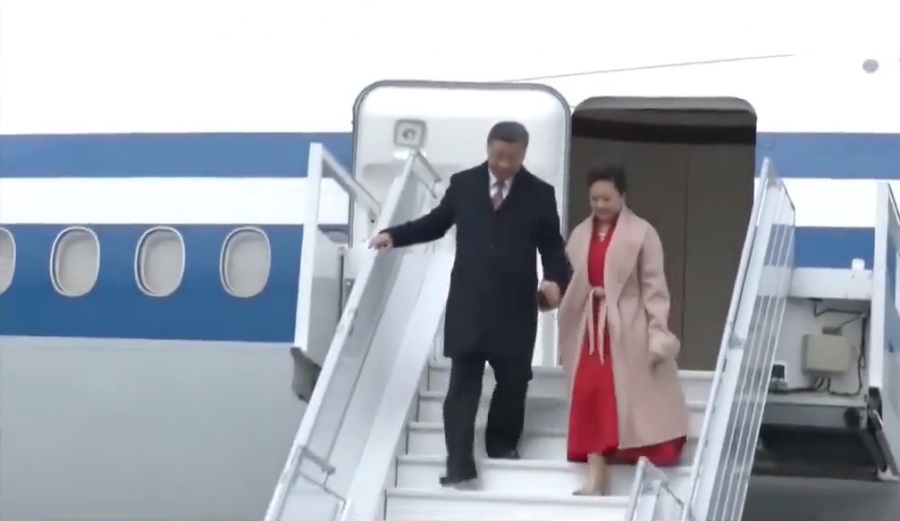

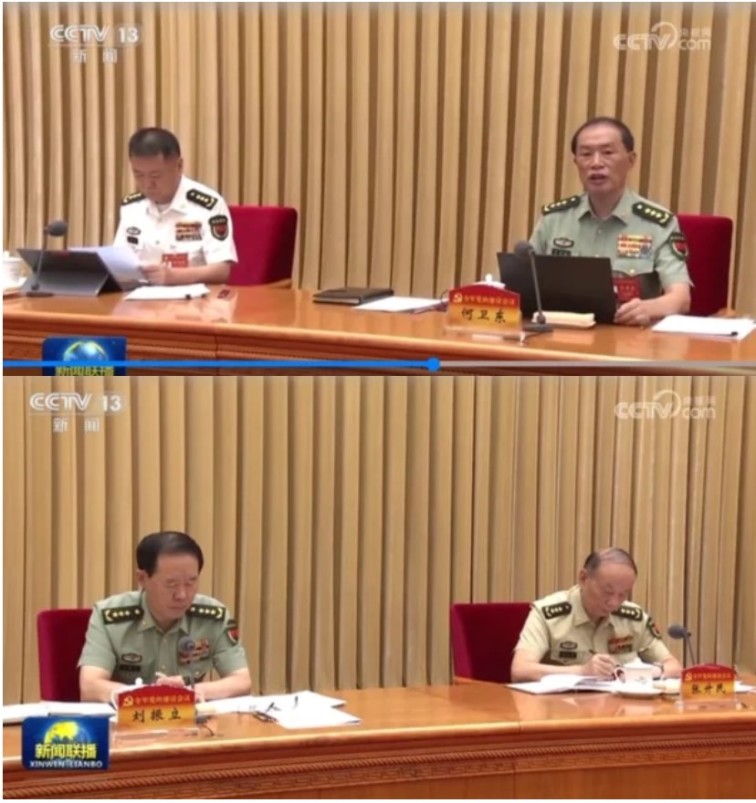
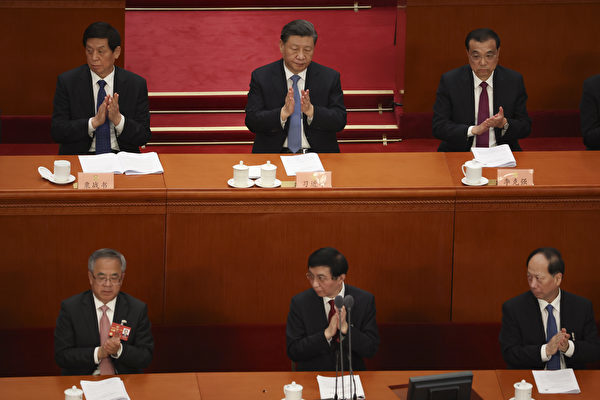
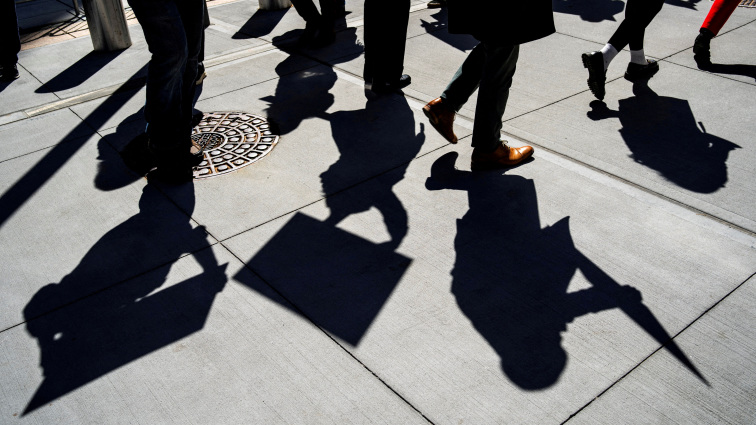

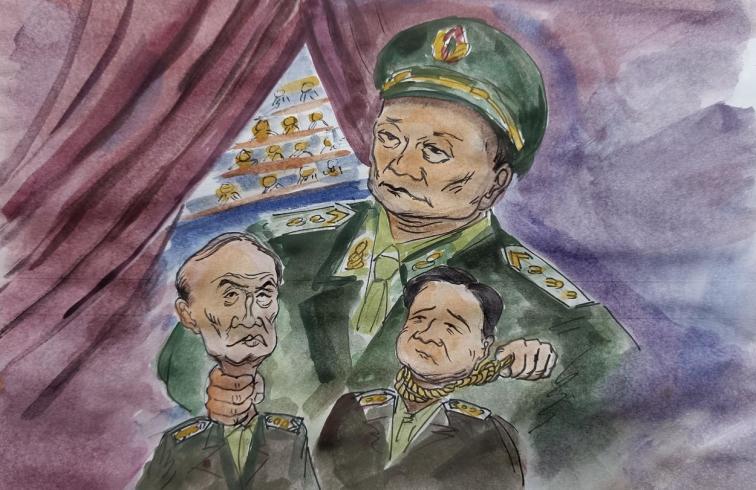
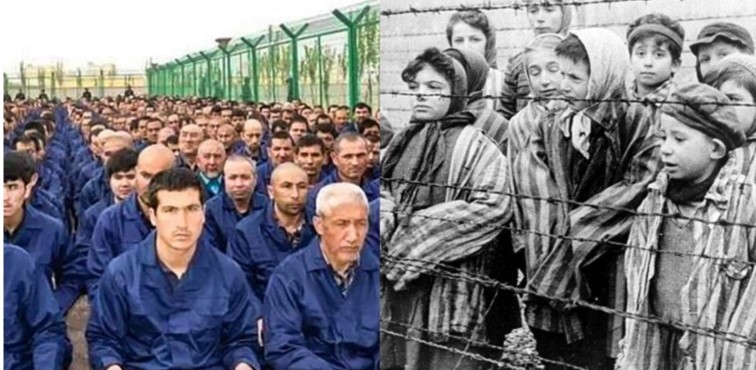
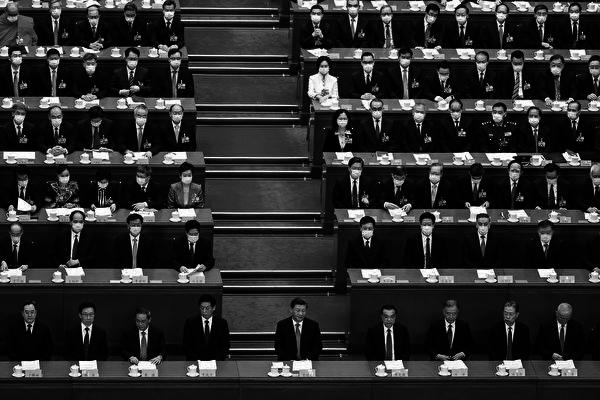

News magazine bootstrap themes!
I like this themes, fast loading and look profesional
Thank you Carlos!
You're welcome!
Please support me with give positive rating!
Yes Sure!